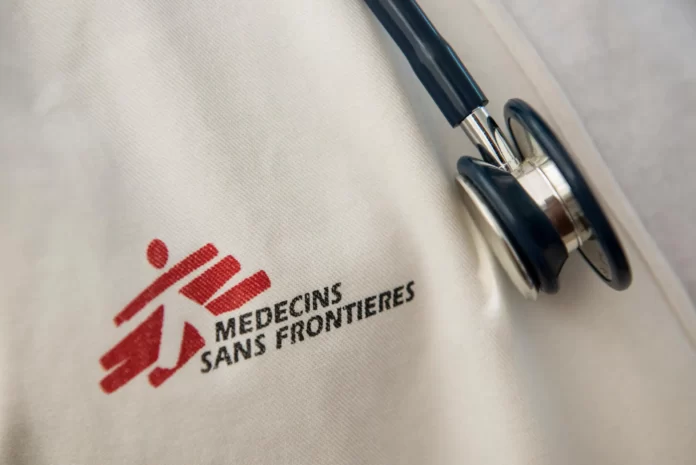HARGEISA (KAAB TV) – Médecins Sans Frontières (MSF), also known as Doctors Without Borders, has made the difficult decision to halt its activities at Laascaanood General Hospital due to escalating violence and recurring security incidents that have compromised the safe delivery of medical care.
The charity organization, which has been providing free emergency medical care to the local population, cited recurrent attacks on medical facilities and the level of extreme violence as the primary reasons for its withdrawal.
The volatile situation in Laascaanood has reached a point where MSF can no longer guarantee the safety and protection of patients, caretakers, and health workers.
The latest incident on 8 July saw Laascaanood General Hospital directly affected during the ongoing fighting, leading to injuries among medical staff and caretakers. The hospital’s maternity ward had to be closed as a result, marking the fifth such incident since the escalation of violence earlier this year.
In the past, similar bouts of violence have tragically claimed the lives of health workers and volunteers providing medical assistance to the war-wounded.
Dana Krause, MSF country representative, expressed regret over the necessity of stopping their medical support, acknowledging that this decision would impact people’s access to vital medical care, which has already been compromised by the ongoing conflict.
“We regret we are forced to stop our medical support, knowing that this will have an impact on people’s access to vital medical care – which has already been compromised by the ongoing conflict,” said Krause “But we need to be able to work in an environment where the minimum standards of safety are ensured for patients and healthcare workers.”
MSF has been supporting Laascaanood General Hospital with medical supplies and technical expertise for its emergency room and operating theatre since May 2019. Additionally, the organization provided financial support for staff offering sexual and reproductive healthcare services, as well as diagnosis and treatment for children suffering from acute malnutrition and other diseases. In 2022 alone, MSF’s medical teams conducted over 7,200 emergency consultations and assisted in more than 2,000 births.
As MSF concludes its medical support in Laascaanood, the humanitarian crisis in the region is expected to worsen, with critical medical services no longer available amid the ongoing conflict in the city and its surroundings.
The violence in Laascaanood began in February, pitting the forces of breakaway Somaliland, which have occupied Laascaanood since 2007, against local clans demanding separation and direct administration by Somalia’s federal government in Mogadishu. The conflict has resulted in over 200,000 people, mostly women, children, and the elderly, fleeing to surrounding villages seeking shelter in a region already devastated by five consecutive seasons of drought.
An additional 100,000 people have crossed the border into neighboring Ethiopia, where aid agencies describe their condition as “dire,” with many under-five children, pregnant, and nursing mothers suffering from moderate acute malnutrition.


